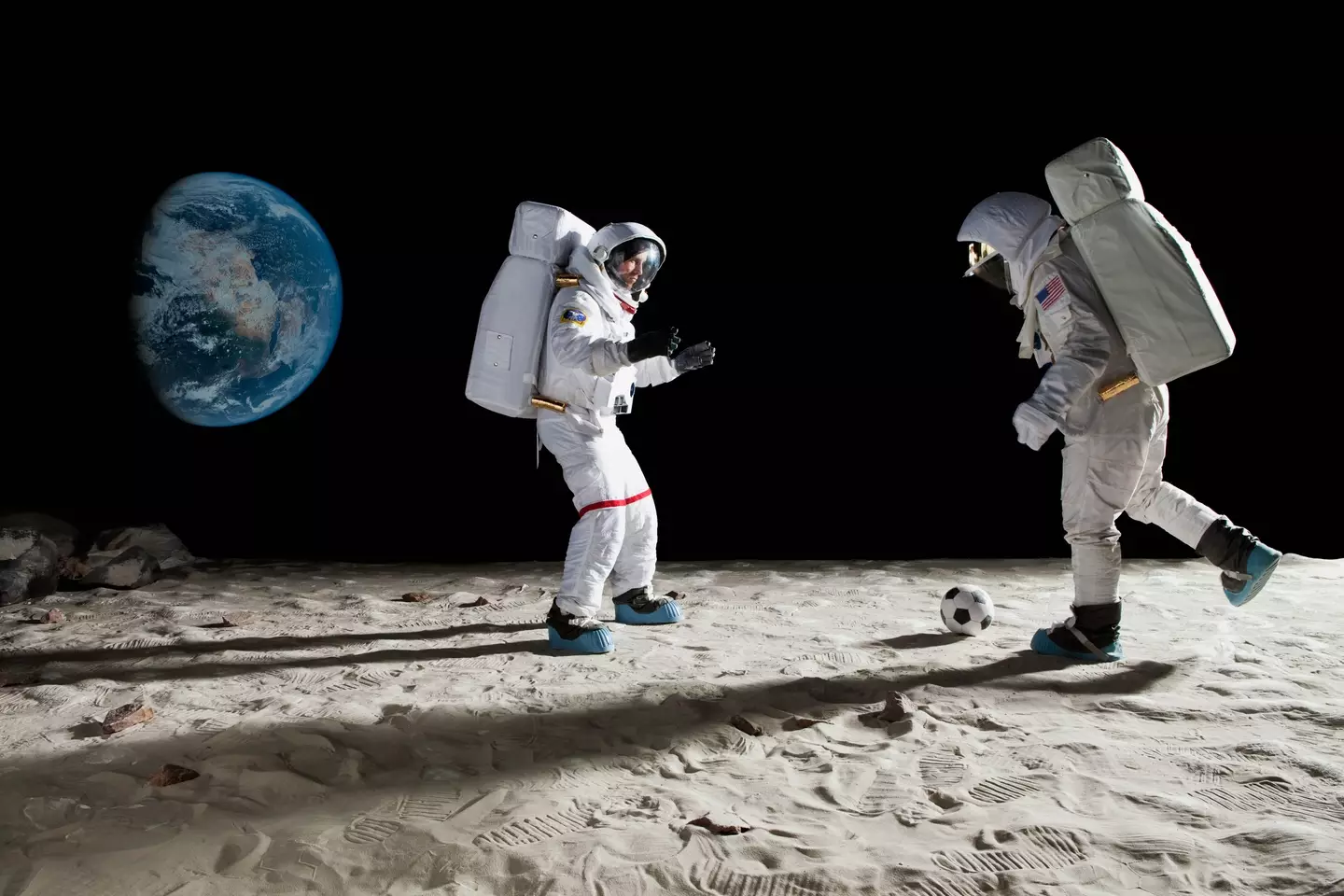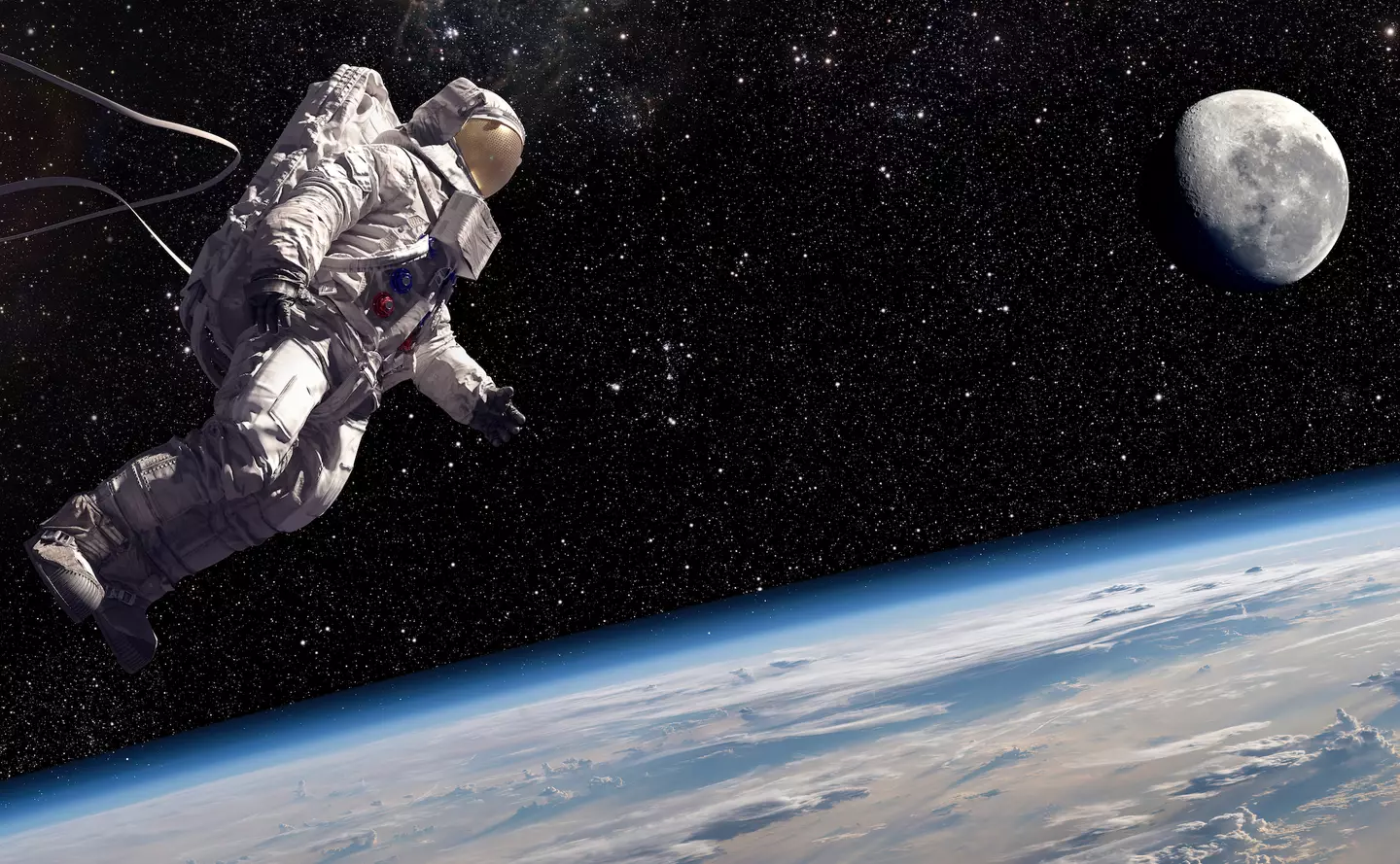After having accomplished the monumental task of landing on the moon, one might wonder why return to the lunar surface. Despite being a symbol of achievement, the moon has remained untouched by human presence for over five decades. Fortunately, NASA has provided insight into the reasons behind this long hiatus.
The historic Apollo 11 mission in 1969 marked a significant milestone for humanity as NASA successfully landed three astronauts on the moon. This achievement is widely regarded as one of the most outstanding moments in mankind’s history.
However, despite the grandeur of moon landings, only six subsequent missions were launched, with just five achieving successful landings, the last occurring in 1972.
There are multiple motivations to revisit the lunar surface, and NASA plans to send U.S. astronauts back to the moon by late 2026.
This raises the question of why there has been a prolonged pause of 51 years and why the wait continues until then.
Jim Bridenstine, a former NASA administrator during the Trump administration, clarified that it isn’t scientific or technological limitations that have prevented the U.S. from returning to the moon.
In a 2018 interview with reporters, he stated, “If it wasn’t for the political risk, we would be on the moon right now.

“It was the political risks that prevented it from happening. The program took too long and it costs too much money.”
The obstacles often boil down to political and economic challenges. In 2023, NASA’s budget stood at $25.4 billion, with an additional request by the Biden administration to increase it to $27.2 billion in 2024. This budget is divided among various divisions and ambitious projects within the agency.
For perspective, the U.S. defense budget in 2023 is approximately $858 billion.
Furthermore, the government-funded nature of NASA means that budget approval can be slow in Congress, delaying progress.
Apollo 7 astronaut Walter Cunningham has previously discussed the hurdles of securing increased funding from the government to send more astronauts to the moon.

In 2015, he remarked, “Manned exploration is the most expensive space venture and, consequently, the most difficult for which to obtain political support.
“NASA’s budget is way too low to do all the things that we’ve talked about.”
Moreover, astronauts have noted that promises for budget increases made by one president may not always be honored, as incoming presidents can ignore previous commitments.

